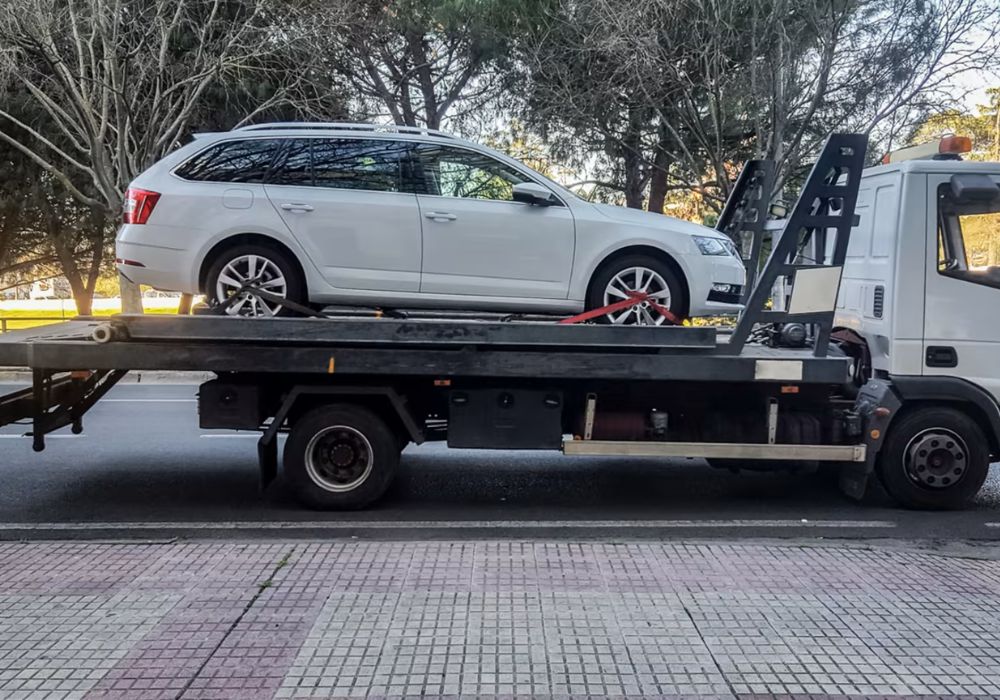When a life tenant decides to move out, it raises important questions about the future of the property. A life tenant holds the right to live in a property for their lifetime, but what happens when they no longer occupy it? In this article, we will explore the implications and potential outcomes when a life tenant moves out.
What happens if a life tenant moves out?
If a life tenant moves out of the property, their life tenancy will typically end. The remainderman would then gain full control and ownership of the property.
For example, if a grantor sets up a life estate for their aging parent to live in their family home, but the parent later needs to move into an assisted living facility, their life tenancy would cease and the property would pass to the remainderman listed in the deed.
It is possible for a life tenant to arrange to rent the property to a third party and collect the income from that, but they would no longer have rights of occupancy if they move out permanently.
Related: Can An Evicted Tenant Return To The Property?
How can a life tenant benefit from the property if they move out?

As mentioned above, one way a life tenant can continue benefiting from the property if they move out is by renting it to tenants and receiving the rental income. Some life estate agreements may also allow the life tenant to reside elsewhere but still collect income generated by the property, such as farmland.
The specific wording of the deed will determine if and how the life tenant can benefit from the property financially even if they do not occupy it themselves. In general though, losing physical occupancy also means losing control and access to use the property for their own residential purposes.
What does a life tenant actually own?
A life tenant does not own the property outright - they have a right of occupancy for their lifetime but do not gain full ownership. They control access to and use of the property while living, but cannot sell it. The life tenant is usually responsible for routine maintenance and property taxes too.
Once the life tenant passes away, all ownership reverts to the remainderman listed in the deed. So in summary, a life tenant owns an interest that gives them a right to occupy the property and benefit from its use during their lifetime only. Full ownership remains with the remainderman.
Does a life tenant have to pay property taxes?
Typically yes - responsibility for ongoing property taxes and insurance is usually assigned to the life tenant rather than the remainderman. This is because the life tenant is the one actively using and benefiting from the property on a day-to-day basis. However, the deed setting up the life estate can specify alternative arrangements if desired.
It's important for all parties involved to be clear on financial obligations like taxes, insurance, and maintenance costs when a life estate is established to avoid conflicts later on.
What happens if the life tenant sells their interest?
A life tenant is generally allowed to sell their interest in the life tenancy to a third party. This gives the buyer rights to occupy the property for the original life tenant's remaining lifetime. However, the duration of the life estate does not change - it still expires upon the death of the original tenant, not any subsequent buyers of the interest.
And when the life tenancy ends, ownership fully reverts to the remainderman. So whoever buys a life tenant's interest can occupy the property but will never gain full ownership of it.
What happens if the remainderman dies first?
If the remainderman passes away before the life tenant, the deceased remainderman's share of the property would typically pass according to their own estate planning documents like a will or trust. So their heirs would stand in their place. Unless the deed specifies otherwise, the life estate agreement doesn't necessarily terminate because the originally named remainderman died first.
Things can become more complicated in this situation, so it's best if estate planning addresses what should happen to each party's share under different circumstances.
Conclusion
A life estate can be a useful estate planning tool, but it's important to understand the details of how rights and responsibilities are divided between life tenants and remaindermen. Seeking legal guidance ensures any life estate deed addresses common questions like what happens if either party dies or the life tenant moves out.





